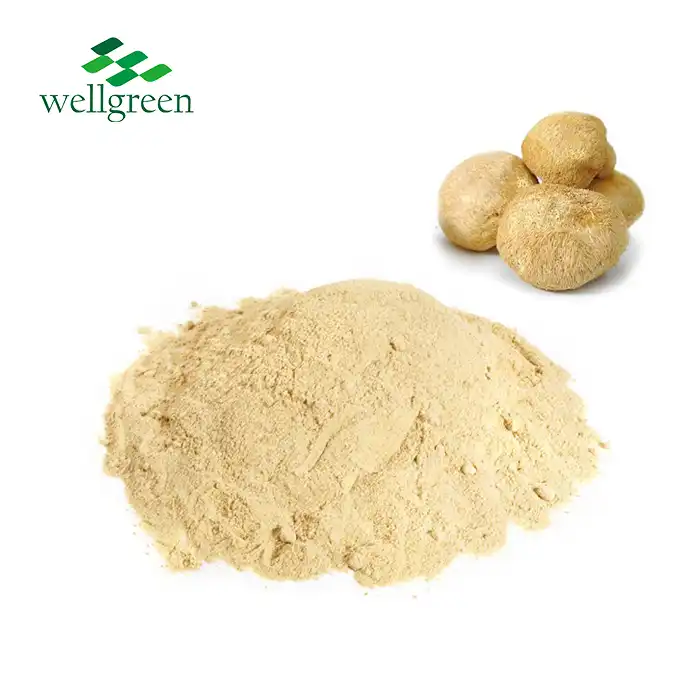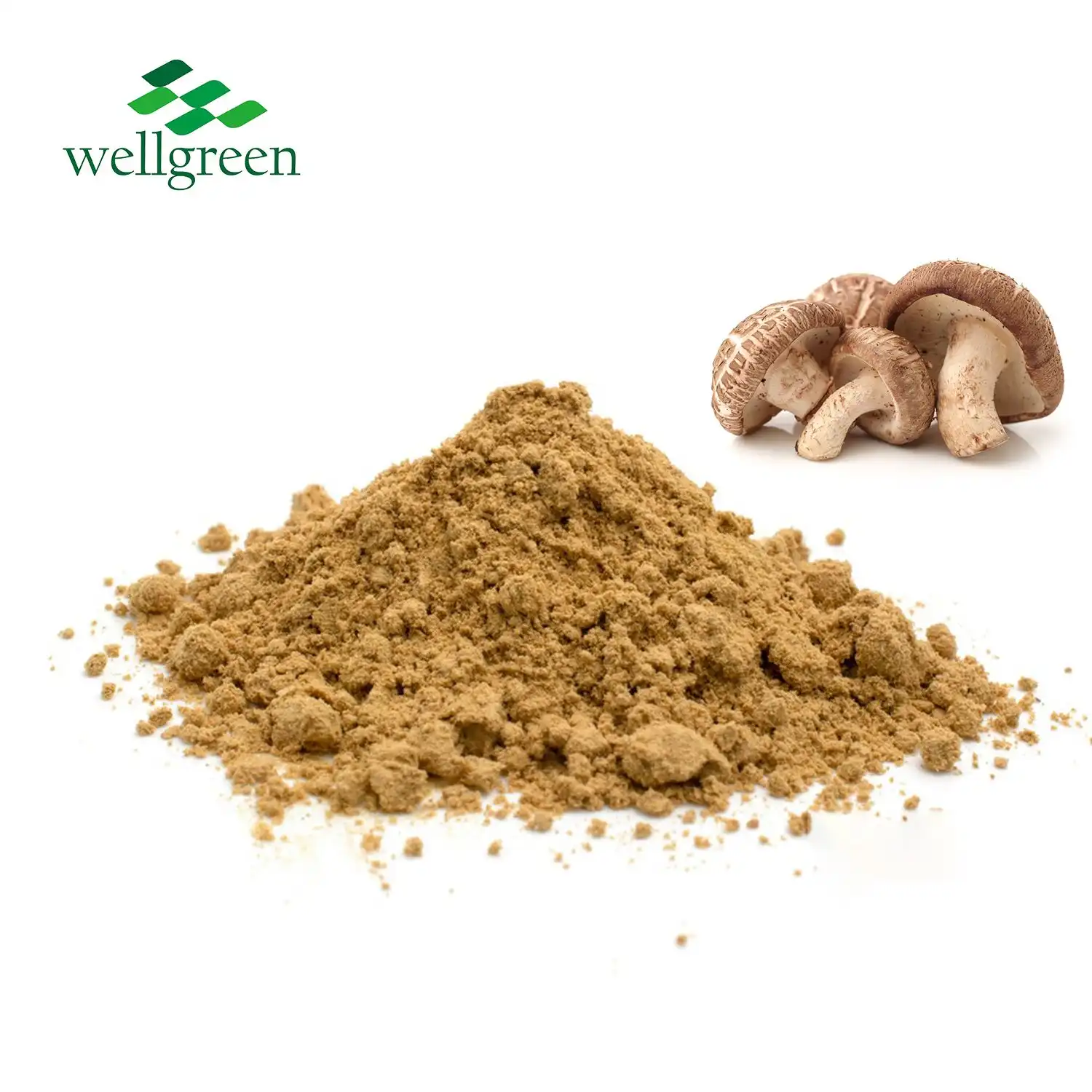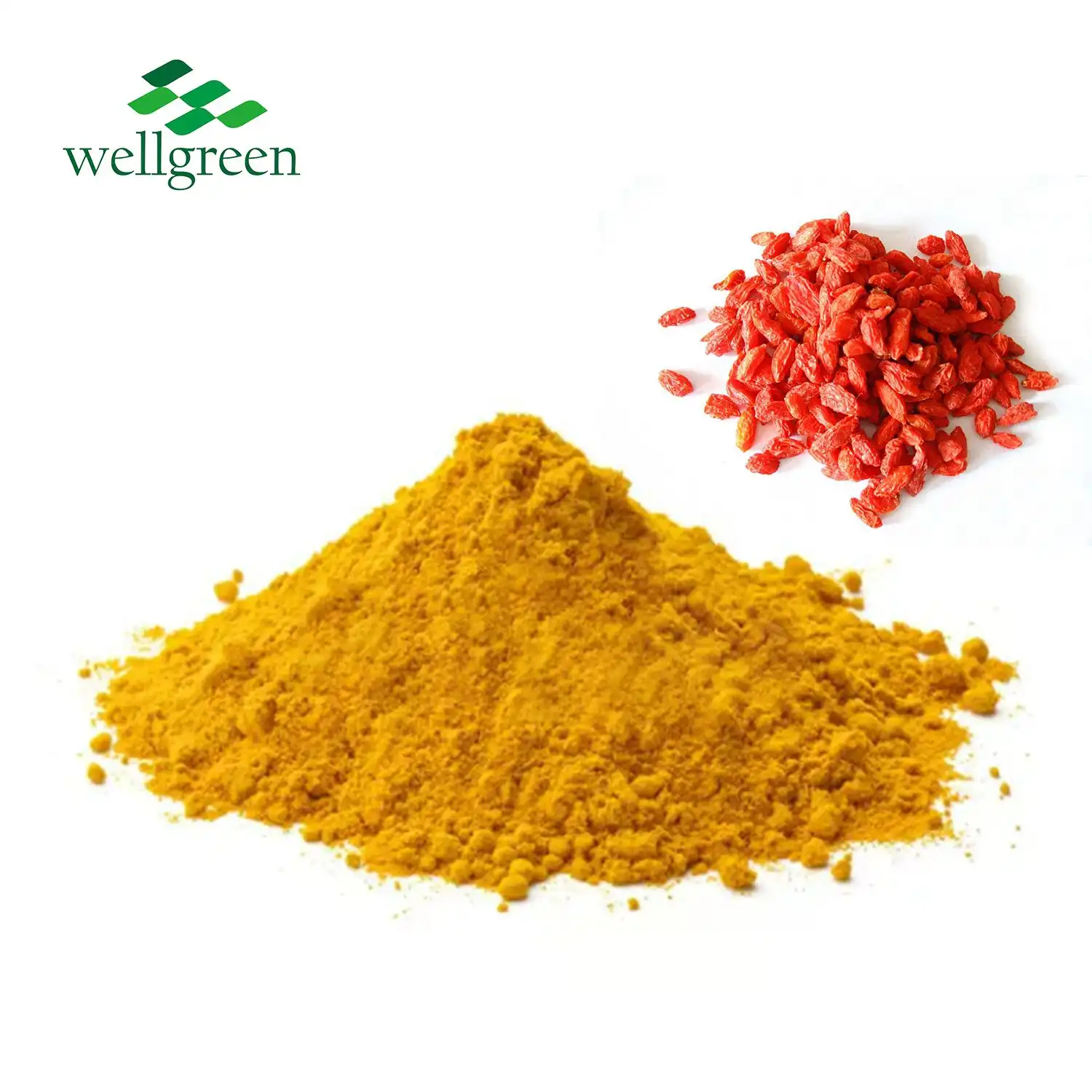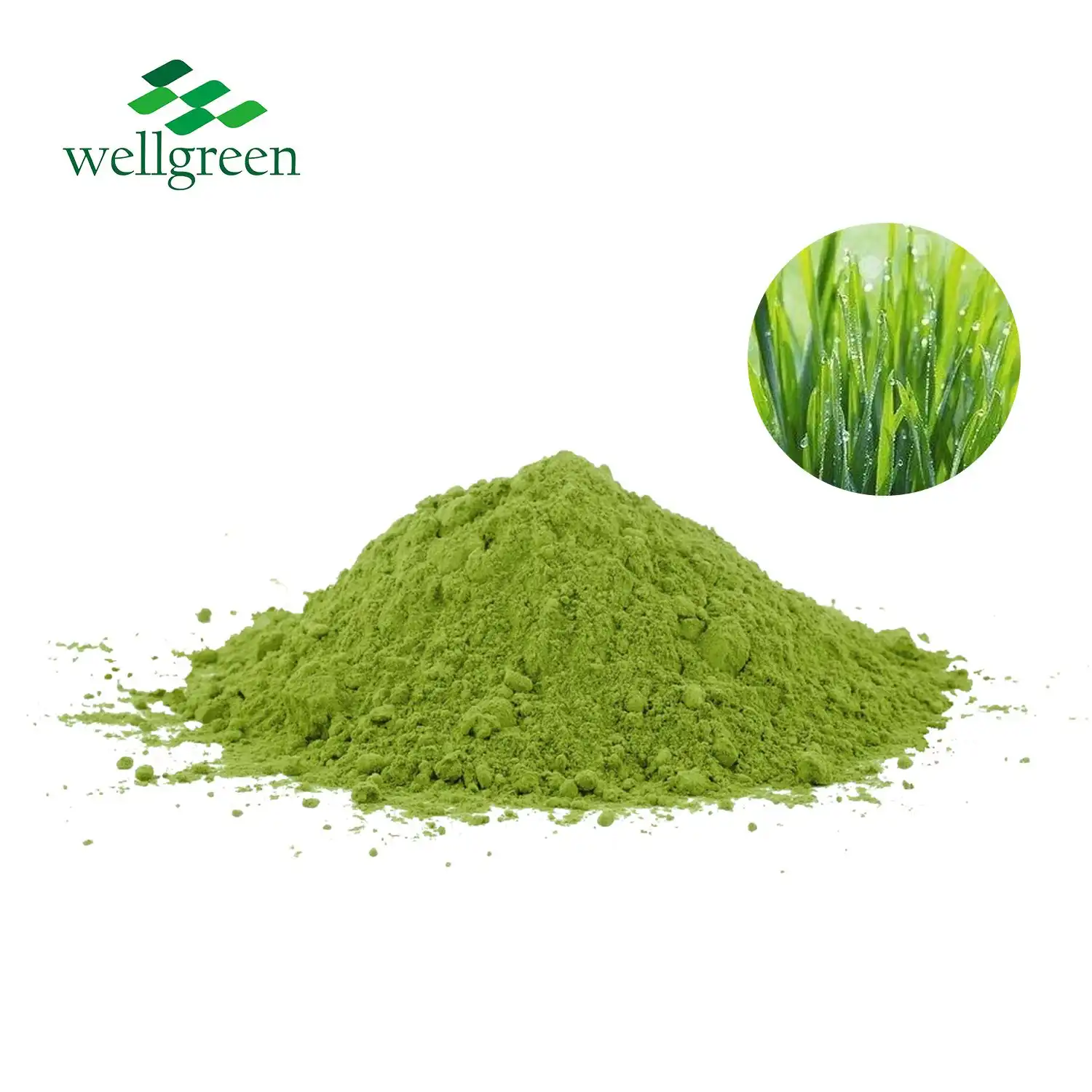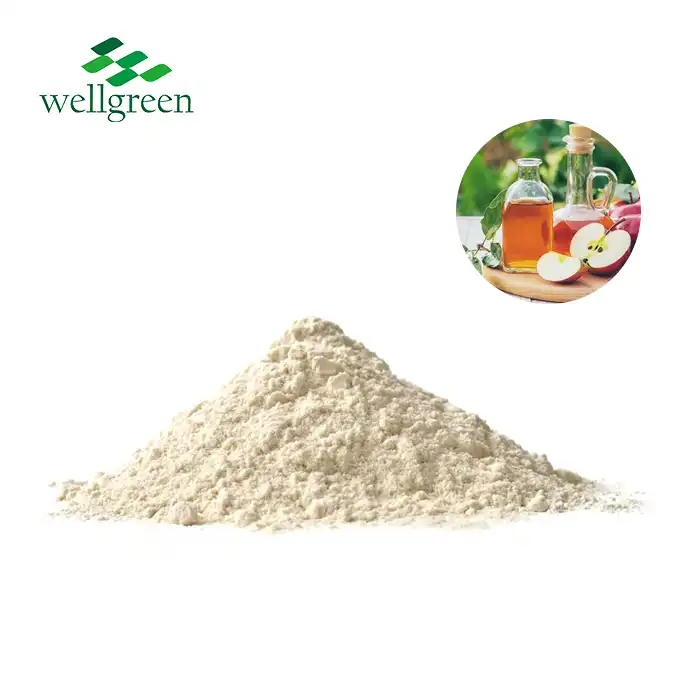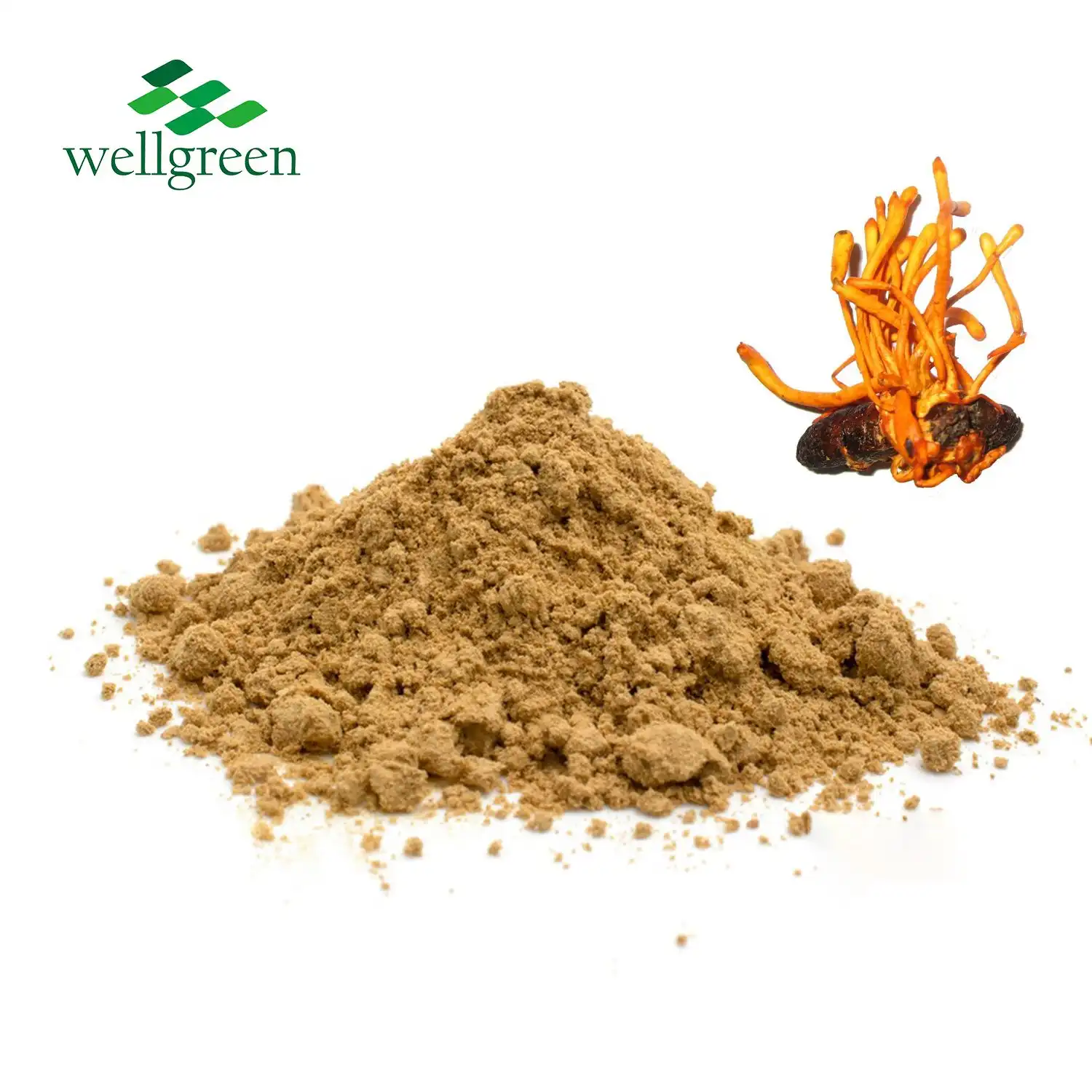Is Organic Ginger Powder Healthy?
2025-07-16 13:24:01
Organic ginger powder is indeed a healthy addition to your diet, offering a multitude of benefits backed by scientific research. This potent spice, derived from the root of the ginger plant, is packed with bioactive compounds like gingerols and shogaols that contribute to its powerful antioxidant and anti-inflammatory properties. Regular consumption of organic ginger powder may help alleviate nausea, reduce muscle pain and soreness, lower blood sugar levels, and even support heart health. Its natural origin and absence of synthetic pesticides make organic ginger powder a superior choice for those seeking to maximize health benefits while minimizing exposure to harmful chemicals. However, as with any supplement, moderation is key to reaping its benefits safely.

Nutritional Profile: What's in Organic Ginger Powder?
Macro and Micronutrients
Organic ginger powder is a nutrient-dense spice that packs a punch in terms of both flavor and nutrition. While it's typically consumed in small quantities, it still contributes valuable nutrients to your diet. The powder is low in calories but rich in various vitamins and minerals. It contains trace amounts of vitamin C, potassium, magnesium, and manganese. These micronutrients play crucial roles in supporting overall health, from boosting immune function to maintaining proper nerve and muscle function.
Bioactive Compounds
The true power of organic ginger powder lies in its bioactive compounds. Chief among these are gingerols, the main active component in fresh ginger. When ginger is dried and powdered, some gingerols are converted to shogaols, which are even more potent. These compounds are responsible for many of ginger's medicinal properties. They act as powerful antioxidants, helping to neutralize harmful free radicals in the body and reduce oxidative stress. Additionally, organic ginger root powder contains zingibain, a proteolytic enzyme that aids in protein digestion.
Phytochemicals and Antioxidants
Organic ginger powder is abundant in phytochemicals, naturally occurring plant compounds that offer numerous health benefits. These include flavonoids and phenolic compounds, which contribute to ginger's antioxidant properties. The antioxidant content of ginger is impressive, with some studies suggesting it has one of the highest antioxidant values among spices. These antioxidants help protect your cells from damage caused by free radicals, potentially reducing the risk of various chronic diseases and supporting overall health and longevity.
Health Benefits Backed by Scientific Research
Digestive Health and Nausea Relief
One of the most well-known benefits of organic ginger powder is its ability to soothe digestive discomfort and alleviate nausea. Research has shown that ginger can effectively reduce nausea associated with pregnancy, chemotherapy, and motion sickness. The active compounds in ginger, particularly gingerols and shogaols, stimulate digestive juices and enzymes, promoting smoother digestion. They also help relax the gastrointestinal muscles, which can reduce bloating and gas. For those suffering from chronic digestive issues like irritable bowel syndrome (IBS), incorporating organic ginger powder into their diet may provide significant relief.
Anti-Inflammatory and Pain-Reducing Effects
The potent anti-inflammatory properties of organic ginger powder make it a natural remedy for various types of pain and inflammation. Studies have demonstrated its effectiveness in reducing exercise-induced muscle pain and soreness. The anti-inflammatory effects of ginger are comparable to some non-steroidal anti-inflammatory drugs (NSAIDs), but without the potential side effects. This makes organic ginger powder particularly beneficial for individuals with osteoarthritis or rheumatoid arthritis. Regular consumption may help reduce joint pain and improve mobility. Additionally, the anti-inflammatory action of ginger may help alleviate menstrual cramps and headaches.
Cardiovascular Health and Blood Sugar Regulation
Emerging research suggests that organic ginger powder may play a role in promoting heart health and regulating blood sugar levels. Some studies have found that ginger consumption can help lower cholesterol levels, particularly LDL (bad) cholesterol and triglycerides. This effect, combined with its ability to prevent blood clotting, may reduce the risk of heart disease. Furthermore, ginger has shown promise in improving insulin sensitivity and reducing fasting blood sugar levels in people with type 2 diabetes. While more research is needed, these findings suggest that incorporating organic ginger powder into a balanced diet may support overall cardiovascular health and help manage blood sugar levels.

Potential Side Effects: What You Need to Know
Gastrointestinal Discomfort
While organic ginger powder is generally well-tolerated, consuming large amounts may lead to mild gastrointestinal discomfort in some individuals. Symptoms can include heartburn, diarrhea, and stomach upset. This is due to ginger's stimulating effect on the digestive system, which, while beneficial in moderation, can be overwhelming in large doses. To avoid these issues, it's advisable to start with small amounts of organic ginger powder and gradually increase intake as tolerated. Those with a history of acid reflux or gallbladder problems should consult with a healthcare provider before significantly increasing their ginger consumption.
Interactions with Medications
Organic ginger powder may interact with certain medications, potentially altering their effectiveness or increasing the risk of side effects. Of particular concern are blood-thinning medications, as ginger has mild anticoagulant properties. Combining high doses of ginger with drugs like warfarin or aspirin could potentially increase the risk of bleeding. Additionally, ginger may interact with some diabetes medications, potentially enhancing their blood sugar-lowering effects and leading to hypoglycemia. Individuals taking medications for high blood pressure, heart conditions, or diabetes should consult their healthcare provider before incorporating significant amounts of organic ginger powder into their diet.
Considerations for Specific Populations
While organic ginger powder is generally safe for most people, certain populations should exercise caution. Pregnant women, while often advised to use ginger for morning sickness, should consult with their healthcare provider before consuming large amounts, especially in supplement form. Some studies suggest that high doses of ginger may increase the risk of miscarriage, particularly in the first trimester. Individuals with bleeding disorders should also be cautious due to ginger's blood-thinning properties. Moreover, those scheduled for surgery should inform their surgeon about ginger consumption, as it may increase the risk of bleeding during and after the procedure. As with any dietary supplement, it's always best to consult with a healthcare professional before making significant changes to your diet or supplement regimen.
Conclusion
Organic ginger powder stands out as a potent, natural supplement with a wide array of health benefits. From its impressive nutritional profile to its scientifically-backed ability to alleviate nausea, reduce inflammation, and support heart health, it's clear that this spice deserves a place in a health-conscious diet. While potential side effects exist, they are generally mild and can be avoided with mindful consumption. As research continues to uncover new benefits of this ancient spice, incorporating organic ginger powder into your daily routine could be a simple yet effective step towards improving your overall health and well-being.
Contact Us
Ready to experience the health benefits of organic ginger powder for yourself? Contact Xi'an wellgreen at wgt@allwellcn.com to learn more about our high-quality, organic ginger root powder and how it can enhance your health and wellness journey.
References
1. Johnson, S. et al. (2019). "Ginger and its bioactive components in gastrointestinal health: A comprehensive review." Food Science & Nutrition, 7(1), 96-108.
2. Zhang, M. et al. (2021). "Ginger (Zingiber officinale Roscoe) and its bioactive components in metabolic syndrome: A review." Food & Function, 12(8), 3346-3365.
3. Mashhadi, N. S. et al. (2013). "Anti-oxidative and anti-inflammatory effects of ginger in health and physical activity: Review of current evidence." International Journal of Preventive Medicine, 4(Suppl 1), S36-S42.
4. Wang, J. et al. (2017). "Ginger extract consumption reduces plasma cholesterol and improves lipid profile in rats." Journal of Food Science, 82(8), 1837-1841.
5. Daily, J. W. et al. (2015). "Efficacy of ginger for treating Type 2 diabetes: A systematic review and meta-analysis of randomized clinical trials." Journal of Ethnic Foods, 2(1), 36-43.
6. Viljoen, E. et al. (2014). "A systematic review and meta-analysis of the effect and safety of ginger in the treatment of pregnancy-associated nausea and vomiting." Nutrition Journal, 13, 20.

